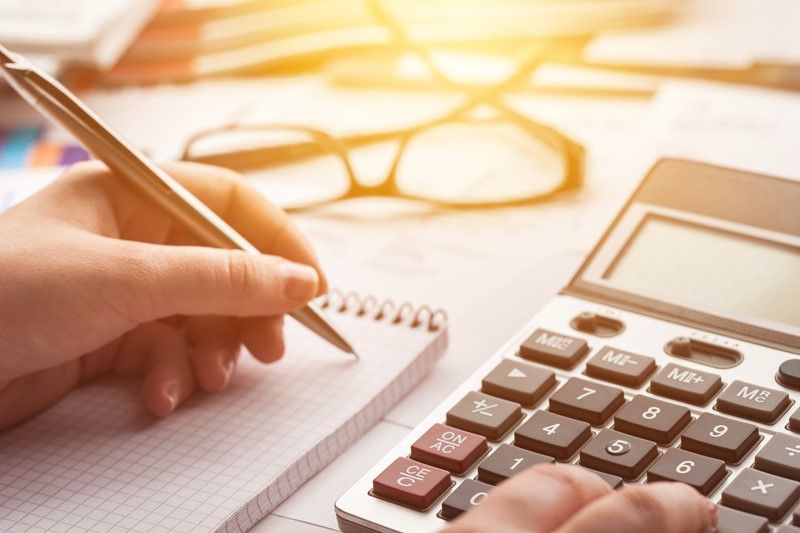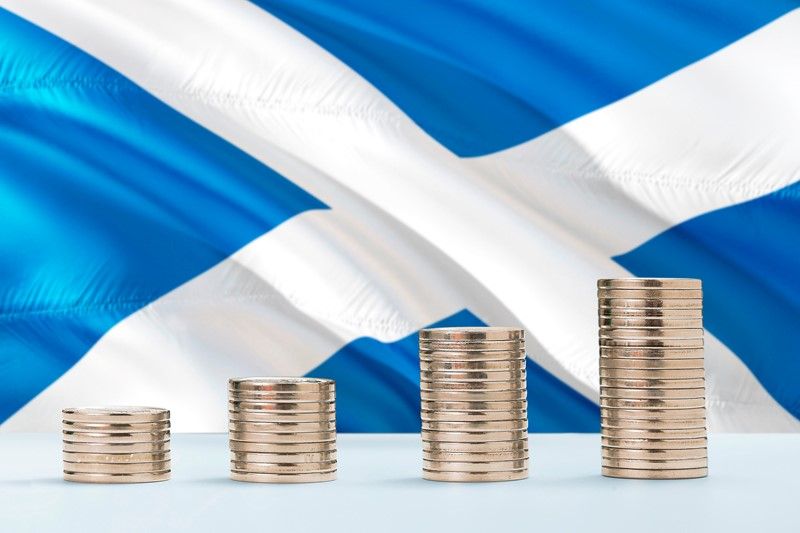Payments made into employee benefit trusts constitute taxable income
A Tribunal recently ruled that payments made for work into a third-party trust constitute immediate employment earnings. This decision effectively precludes employers from using loan-based structures to obfuscate remuneration.
Mr. Jack was employed by an offshore company based in the Isle of Man while living and working in the UK. Under this arrangement, the fees paid for Mr. Jack’s services were split into a modest basic salary and an employee benefit trust (EBT), which would then advance these funds to Mr. Jack in the form of interest-free loans. Because these payments were categorised as loans rather than salary, they were not initially reported as taxable employment income.
Following an enquiry into Mr. Jack’s self-assessment return, HMRC issued a closure notice concluding that the £48,034 transferred to the EBT actually constituted “redirected earnings” and was, therefore, taxable as employment income under Section 62 of the Income Tax (Earnings and Pensions) Act (ITEPA) 2003. Mr. Jack appealed, arguing that a significant portion of the funds should be exempt from tax since he had repaid approximately £23,479 of those loans in April 2011.
The Tribunal upheld HMRC’s closure notice and applied the Supreme Court’s decision in RFC 2012 plc. The Judge held that, when money was paid into the EBT for work done by Mr. Jack, it effectively became taxable employment income at that exact juncture as “redirected” earnings. Mr. Jack’s argument that he had “fixed” the tax issue by repaying the loans was also rejected, as the tax charge arose on the transfer to the EBT, and anything that happened to the money afterwards did not affect the tax already owed for the 2010/11 tax year.
This ruling confirms that the legal characterisation of a relationship or a payment in a contract is secondary to the reality of the work performed. Care must be taken when creating structures to minimise tax burden and maximise profits, as the full amount transferred to a trust could be seen as ‘earnings’. Based on the Rangers case, if money is paid in return for services, it constitutes remuneration. On the other side of the coin, if a court views a loan as salary, it may also come to view the recipient as a worker who is entitled to full statutory rights.




